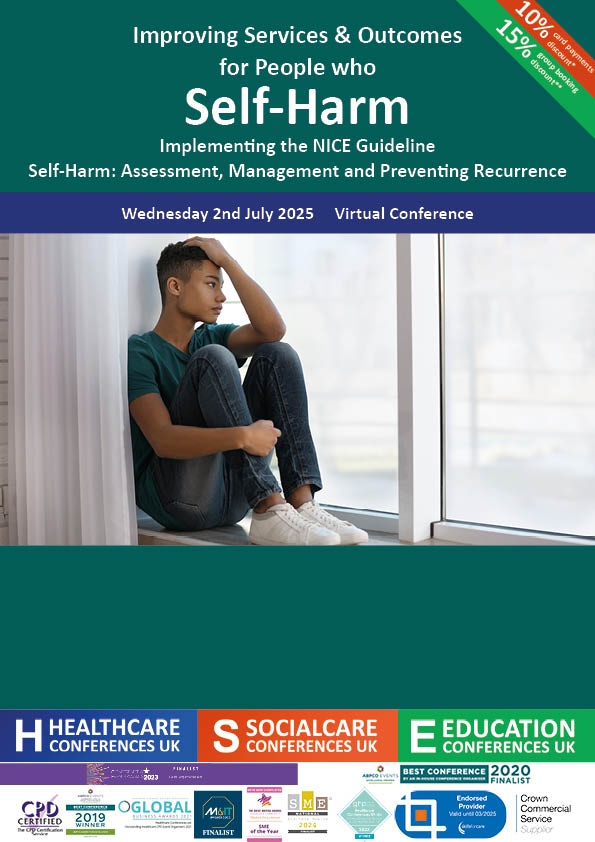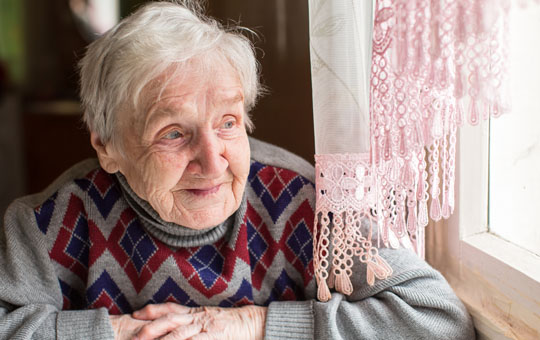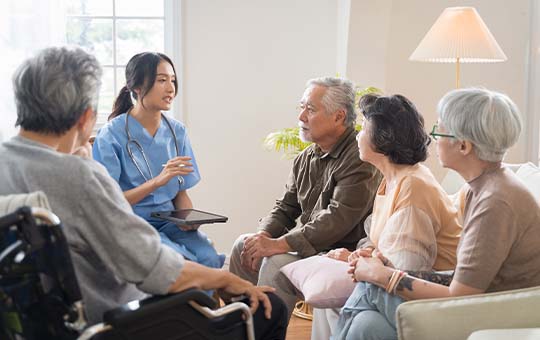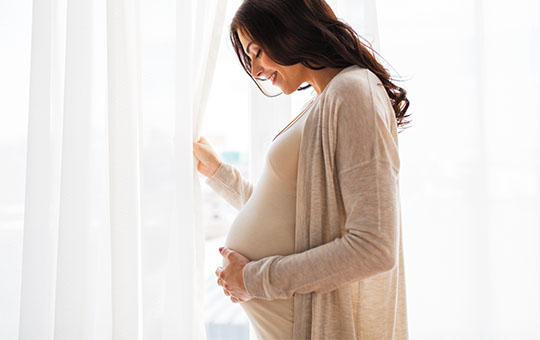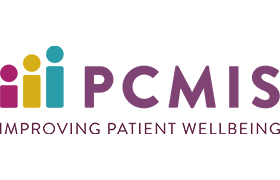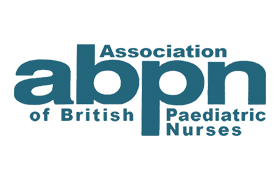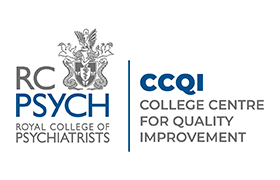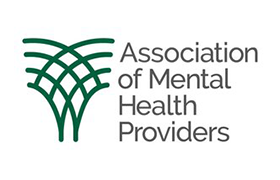Follow the conference on X #SelfHarm
This conference focuses on improving services and outcomes for people who self-harm, and implementing and monitoring adherence to the NICE Guideline: Self-harm: assessment, management and preventing recurrence. We will also highlight the results and recommendations from the ‘Patients at risk of self-harm: continuous observation’ report by the Health Services Safety Investigations Body.
In this conference, through case studies and expert advice we will explore how we can support people who self-harm by ensuring a compassionate approach, understanding the common causes and drivers, as well as developing safety plans with a path to recovery.
“Self-harm is one of the common reasons for people going to an acute hospital. On and between 1 April 2021 and 31 March 2022, 93,895 people were admitted to hospital as an emergency due to self-harm in England (Office for Health Improvement and Disparities, n.d.). The actual number of people who self-harm will be much greater than this as only a minority will go to hospital.”
Patients at risk of self-harm: continuous observation, Health Services Safety Investigations Body, May 2024
“Self-harm is a way of expressing very deep distress. Often, people don’t know why they self-harm.”
Mind
“Self-harm is a common problem in patients who seek help from clinical services and is associated with a heightened risk of suicide. In recent years, there have been increases in self-harm particularly in young people, but also in other groups, such as middle-aged men. Reducing rates remains a key national suicide prevention priority in the UK. Although there has been some progress in the quality of mental healthcare people receive for self-harm in the past few decades, there is still considerable room for improvement.”
The British Journal of Psychiatry, November 2023
Stream A: Working with People Who Self-Harm, Early Intervention and Averting Crisis
This stream will focus on providing training that is appropriate to the responsibilities of staff members who work with people who are at risk of self-harm, as well as ensuring the safety of people have self-harmed. We will also be looking at early intervention and the use of safety plans to mitigate the risk of suicide.
Stream B: Improving Practice, Support and Improving Crisis Support within the School Setting
This stream will focus on practical and collaborative ideas that can be put into action to improve practice in schools. We will be looking at early identification aids, preventative measures and methods to take the appropriate response to self-harm. This session will conclude with a group discussion on all the points covered.
This conference will enable you to:
Network with colleagues who are working to improve services and outcomes for people who self-harm
Reflect on the Lived Experience of a person who has self-harmed
Learn from outstanding practice in the management of self-harm
Update your knowledge on national developments including the Sept 2022 National NICE Guideline Self-harm: assessment, management and preventing reoccurrence
Recognise the benefits of a multi-agency approach to supporting children and young people at risk of self-harm
Learn from the ‘Patients at risk of self-harm: continuous observation’ report by the Health Services Safety Investigations Body
Examine what an effective self-harm pathway should look like?
Ensure early identification and intervention in schools
Develop your skills in ensuring a compassionate approach to self-harm
Implementing & Monitoring Adherence to the New NICE Guideline for Self-Harm in Practice: Assessment & Treatment Intervention and Principles
Understand how you can improve the response to self-harm in the emergency department
Identify key strategies for involving and engaging families of people who self-harm
Ensure you are up to date with the latest evidence
Develop strategies to support people to be safe after self-harm
Self assess and reflect on your own practice
Supports CPD professional development and acts as revalidation evidence. This course provides 5 Hrs training for CPD subject to peer group approval for revalidation purposes


